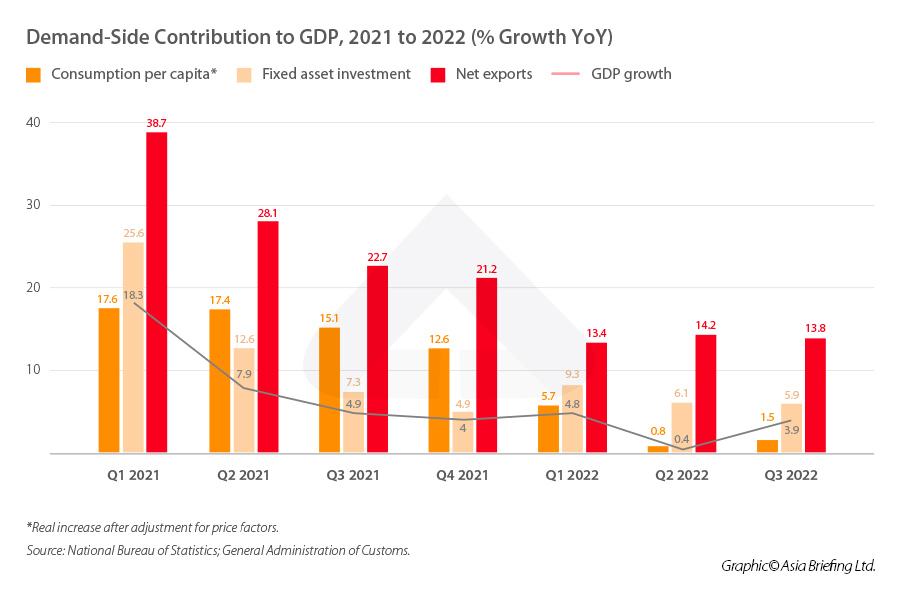
By K Raveendran
A spurt in crude oil prices, which appeared menacing to importing countries such as India, has lost steam, thanks to the emerging realities about the Chinese economy as well as the shock of the American rating downgrade. In the net effect, the optimism imparted by a much-hyped Chinese move to support the private sector, in the process boosting demand for oil, tapered off, placing the commodity on somewhat more slippery ground.
With important rounds of elections coming in India, oil prices are a highly sensitive issue for the Indian public as well as the government, which has been exercising effective control of what the oil companies charge despite the much-touted open market policy. A climbing oil market poses its own challenge to the managers of the economy ahead of election times.
Crude oil had hit the highest level since April to visit the upper side of 80s per barrel, boosted by the Chinese impetus as well as the OPEC plus Russia decision to extend the cuts. As expected, the kingdom of Saudi Arabia confirmed its commitment to continue reducing its oil production by one million barrels per day during September. Also, Russia will reduce its oil exports by 300,000 barrels per day in September, compared to a reduction of 500,000 barrels per day in August. The receding concerns about a US recession provided further confidence for the market, which also saw the threat of reduced supply getting exacerbated by the military conflict in the Black Sea, which led to the disruption of navigation in the port of Novorossiysk, contributing about 2 percent of all market supplies as Russian naval vessel was targeted.
But oil prices suddenly came under pressure after Chinese economic data demonstrated a faster-than-expected decline in exports and imports. This data comes on top of an already weaker-than-expected recovery in China, raising concerns about lower oil demand levels once again as China reduces oil imports.
China’s economic trajectory has been a focal point of global attention for decades, with its staggering growth and transformation capturing the world’s imagination. Experts see the Chinese economic situation as having the potential to set off a chain reaction of global repercussions that could reshape financial markets, trade dynamics and even international relations.
Beijing being a critical trade partner for many nations, cheaper exports from China also put pressure on other economies as they face increased competition, forcing them to lower their own prices or risk losing market share. This could lead to two distinct possibilities. One, the reduction in demand for raw materials and commodities due to the slowdown could affect global commodity prices, forcing revenue loss for countries that are heavily reliant on commodity exports. Second, the deflationary environment can put pressure on central banks to implement aggressive monetary policies, further distorting global financial markets, affecting asset prices and vitiating the investment environment.
Overall, concerns about demand from China, global economic growth and production levels could continue to move the market and create volatility and uncertainty. Demand issues could prove a challenge for producing countries as they maintain production cuts to prop up prices.
Oil market experts are forecasting further downward pressure as prices are saturated unless and are looking for more supportive factors. The markets are also waiting for more details about the plans of the Chinese authorities to support the private sector, in order to support the demand for oil.
After the meeting of the Executive Committee of the ruling party recently, the authorities had announced a series of support packages that would help the private sector and families to overcome deflation and recession, thus helping the country to remain the world’s largest importer of oil. The reassurances came in the wake of July data showing a decline in manufacturing and various indexes remaining below expectations.
But escalation of military actions between Russia and Ukraine in the Black Sea and the consequent cancellation of Ukrainian grain exports through it continue to support higher crude prices. Any further disruptions for the Russian oil shipments across the Black Sea would be a boost to prices.(IPA Service)
The post Chinese Growth Slow-Down Holds Back Tendency Of Oil To Climb Further first appeared on Latest India news, analysis and reports on IPA Newspack.


